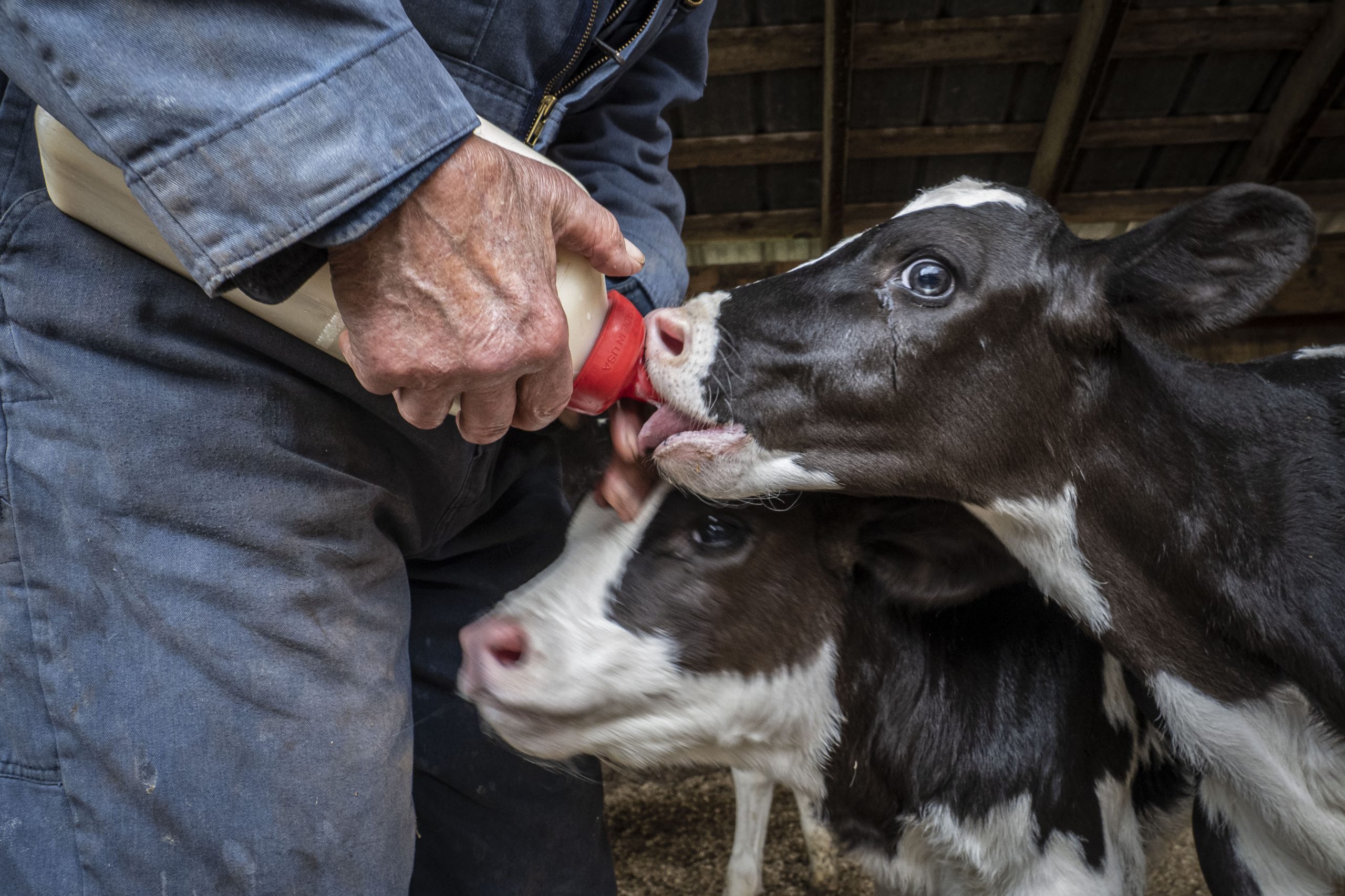Colorado commercial dairy operations to test for HPAI under surveillance mandate

Colorado State Veterinarian Dr. Maggie Baldwin is calling for mandatory statewide surveillance of all Colorado Department of Public Health and Environment-licensed commercial cow dairies for highly pathogenic avian influenza.
“We have been navigating this challenging, novel outbreak of HPAI in dairy operations for nearly three months in Colorado and have not been able to curb the spread of disease at this point,” Baldwin said in a July 23 news release.
The measure is an effort to help curb the spread of HPAI, and officials hope their efforts will protect dairy and poultry industries and public health in the state.
“We have seen devastating impacts of this disease not only to our dairy industry, but our poultry industry as well,” Baldwin said. “With the strong support of the dairy and poultry industries, we feel that this is the best next step in order to protect these vital industries in our state.”
The order for statewide mandatory bulk-tank HPAI testing by the commissioner of agriculture was issued July 22. Officials hope the testing will identify any additional affected dairies with the virus and ultimately help prevent further spread.
“We appreciate the ongoing cooperation and partnership with both the poultry and dairy industries,” Colorado Commissioner of Agriculture Kate Greenberg said. “Mandatory surveillance of highly pathogenic avian influenza across all of Colorado’s Grade A commercial dairies is a critical next step to tamping down the virus and protecting the food system.”
According to Greenberg, ongoing cooperation is key to supporting workers’ health and safety, protecting animal health and welfare and minimizing the spread of the virus.
As of July 23, the U.S. Department of Agriculture’s Animal Plant Health Inspection Service reported Colorado has had 47 confirmed cases of HPAI in livestock herds since the outbreak began. The last detection was July 19. Colorado has the highest number of detections, besting Idaho with 30, Michigan with 26 and Texas with 22.
According to a news release from the Colorado Department of Agriculture, the state has experienced spillover of the dairy H5N1 strain, genotype B 3.13, into commercial poultry facilities. Colorado has had two spillover events, confirmed through genomic sequencing, and one presumptive spillover event from dairy operations into commercial poultry operations that have resulted in the death and depopulation of more than 3.2 million domestic chickens during the month of July.
CDA and the CDPHE will jointly supervise the statewide surveillance, with support from USDA, and it will remain until further notice by the commissioner of agriculture or state veterinarian. Dairy producers will receive further guidance directly on this order’s implementation to meet the testing requirements.
During this time, all Colorado CDPHE-licensed dairy cow facilities with lactating dairy cattle that produce products for human consumption will be required to submit weekly samples for testing. These samples will be collected by CDPHE-certified collection samplers and tested by the Colorado State University Veterinary Diagnostic Laboratory. Dairies currently under order of quarantine or order for testing are subject to those specific orders. This does not include raw milk facilities.
HPAI outbreak background
Beginning in April 2022 and continuing through March 2024, HPAI has impacted 33 confirmed poultry flocks in the state of Colorado, resulting in the loss of more than 6.3 million domestic poultry in the state.
In March 2024, the USDA confirmed the detection of H5N1 avian influenza virus in dairy cattle in the Texas Panhandle region. The virus has spread to 13 states, impacting more than 168 dairies since the beginning of the outbreak. Dairy cattle infected with the H5N1 virus appear to recover with supportive care. Signs of infection in cattle include loss of appetite, reduced milk production and colostrum-like milk.
The spread of this current strain of the virus has been via cow-to-cow transmission and farm-to-farm transmission. Unlike previous outbreaks, the virus is not currently being spread by wild birds. At this time, Colorado has the highest number of reported cases of HPAI in dairy herds in the United States, with 47 confirmed detections.
CDA is also working with CDPHE to identify and monitor both livestock and human impacts. CDPHE offers testing to anyone who has symptoms of avian flu and was exposed to infected or potentially infected animals or humans. CDC continues to state that risk to the public is low, and that there is no evidence of virus transmission person to person.
More information can be found on the Colorado Department of Agriculture’s website at https://ag.colorado.gov/hpai.
Kylene Scott can be reached at 620-227-1804 or [email protected].


